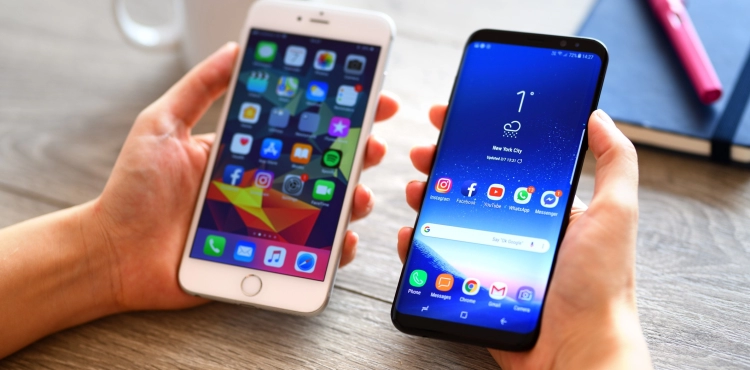Apple CEO Tim Cook has done a thorough research of operating systems to conclude that Google´s Android operating system is riddled with deceptive software.
In an interview during the recent VivaTech virtual conference, Cook said that Android has about 50 times more malware than iOS, the operating system that powers iPhones, and pointed out that This gap is due to the strong protection that Apple uses to protect its users from hackers.
"Android contains 47 times more malware than iOS," Cook said at Viva Tech, one of Europe´s largest start-up and tech conferences.
"Why is that? Because we designed (iOS) in such a way that there is one app store and all apps are reviewed before they go to the store," he continued, "and that keeps a lot of this malware out of our ecosystem."
What is the price for this protection?
Asked by host Guillaume Lacroix, CEO and founder of French short video platform provider Brut, about his opinion of Apple´s increased regulatory scrutiny from lawmakers and judges in the United States and the European Union, Cook said, "There is a particular concern about the fact that the ecosystem Strictly censored Apple forces users to download apps through the company´s App Store.
This allows the tech giant to make discounts of up to 30% on purchases made through apps, which Apple recently pushed into a major lawsuit.
One proposed solution is to force Apple to enable "sideloading," a process by which users can download apps directly from the Internet without going back to the Apple Store.
This is an option that exists for Android mobile users, but not iPhones. It does not provide the protection that anti-malware systems in app stores provide.
Cook´s suggestion was that sideloading would cause more malware to appear on iOS, just as it does on Android.
The half-hour interview covered Apple´s stance on privacy and also touched on Cook´s predecessor, Steve Jobs.
“We have focused on privacy for over a decade. We consider it a fundamental human right,” said Cook. “Steve used to say that privacy says in plain language what people subscribe to and get permission to use, and that permission should be asked over and over again. We´ve always tried. commitment to that."
Keeping malware out of app stores is an ongoing battle for Apple and Google, and the two companies have a variety of checks in place to prevent dodgy apps from reaching their stores, which are used by millions around the world.
Google says its machine learning systems prevented more than 962,000 suspicious apps from being listed on the Play Store in the past year alone.
However, tens of thousands still slip through corporate networks each year.
Malicious apps can steal personal information of their users and even make unauthorized purchases that lead to theft of bank accounts of unintended victims.
They are often disguised as legitimate apps, such as games or QR code readers, to avoid detection by middlemen.
Web security company Malwarebytes says it finds nearly 200,000 affected cases of malware on its customers´ devices every month.












